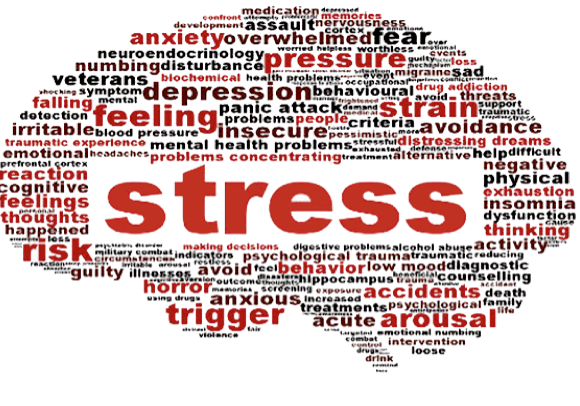Self-care has garnered a great deal of attention these days, as it seems we are all living in increasing stressful times. When I hear people talk about self-care however, I often wonder if those talking about self-care actually know what that entails. It doesn’t often consist of personal indulgences, eating ice cream and binge watching your favorite TV show. Not to say you can’t do that, but that really isn’t what self-care consists of, because when you break down the concept, self-care is about care of the self. But what is the self? That may be a deeper question for a different time, but from a therapeutic position, self-care and stress management strategies really consist of 6 different categories. Those categories are:
- Cognitive
- Emotional
- Behavioral
- Spiritual
- Interpersonal
- Physical
That means that proper stress management, which is what a lot of self-care is linked to needs to incorporate all six of these aspects of the self in order to have a robust self-care plan. The truth is, for all of the discussion and “awareness” around stress management and self-care we still need a lot of help, whether that is because we haven’t developed the necessary skills before, or because of the new levels of stress related to our ever changing modern society, the reality is, we could all use some help to build and refine better stress management skills.
As you think about your go-to strategies for stress management, how many of the 6 categories are you using? I think most of us know about some of the physical strategies, things like sleeping enough, eating well, exercise; even being properly hydrated can help. I want to provide a short list for 6 categories as a way to give you additional ideas for what you can incorporate into your daily, weekly, and monthly routines. I realize that on some level this may feel like one more thing to do. When you are stressed out and going into survival mode, expending more energy and intention on these things can feel like a bridge too far. Having said that, the reality is, these are some of the habits and skills that we need to incorporate in order to have a healthy balanced life, given what it means to be a human being, to be a “self” these habits address the whole person. Incorporating these components into your life is the cost of living a balanced holistic life.
So with that, take a look at this list and think of ways you may incorporate at least one of these from each of the categories in your life. And just a reminder, with all these comes the most important reminder, practice practice, practice. It doesn’t have to be perfect, you just need to keep doing it.
Cognitive:
- Make small, daily decisions
- See the decisions you are already making
- Giver yourself permission to ask for help
- Anticipate needs
- Review previous successes
- Break large tasks into smaller ones
Emotional
- Allow yourself to experience what you feel
- Label what you are experiencing
- Keep communication open with others
- Use your sense of humor
- Use positive words and language
Behavioral
- Spend time by yourself
- Spend time with others
- Help others with tasks
- Take different routes to work or on trips
- Find new activities that are enjoyable and (mildly) challenging
Spiritual
- Discuss changed beliefs with spiritual leader
- Meditation
- Practice rituals of your faith/beliefs
- Prayer
- Read Spiritual literature
Interpersonal
- Take time to enjoy time with trust friend/partner
- Hugs
- Healthy Boundaries
- Play together
- State needs and wants as clearly as possible
Physical
- Aerobic exercise
- Routine sleep patterns
- Minimize caffeine, alcohol, and sugar
- Eat well-balanced, regular meals
- Remember to breathe – deeply
